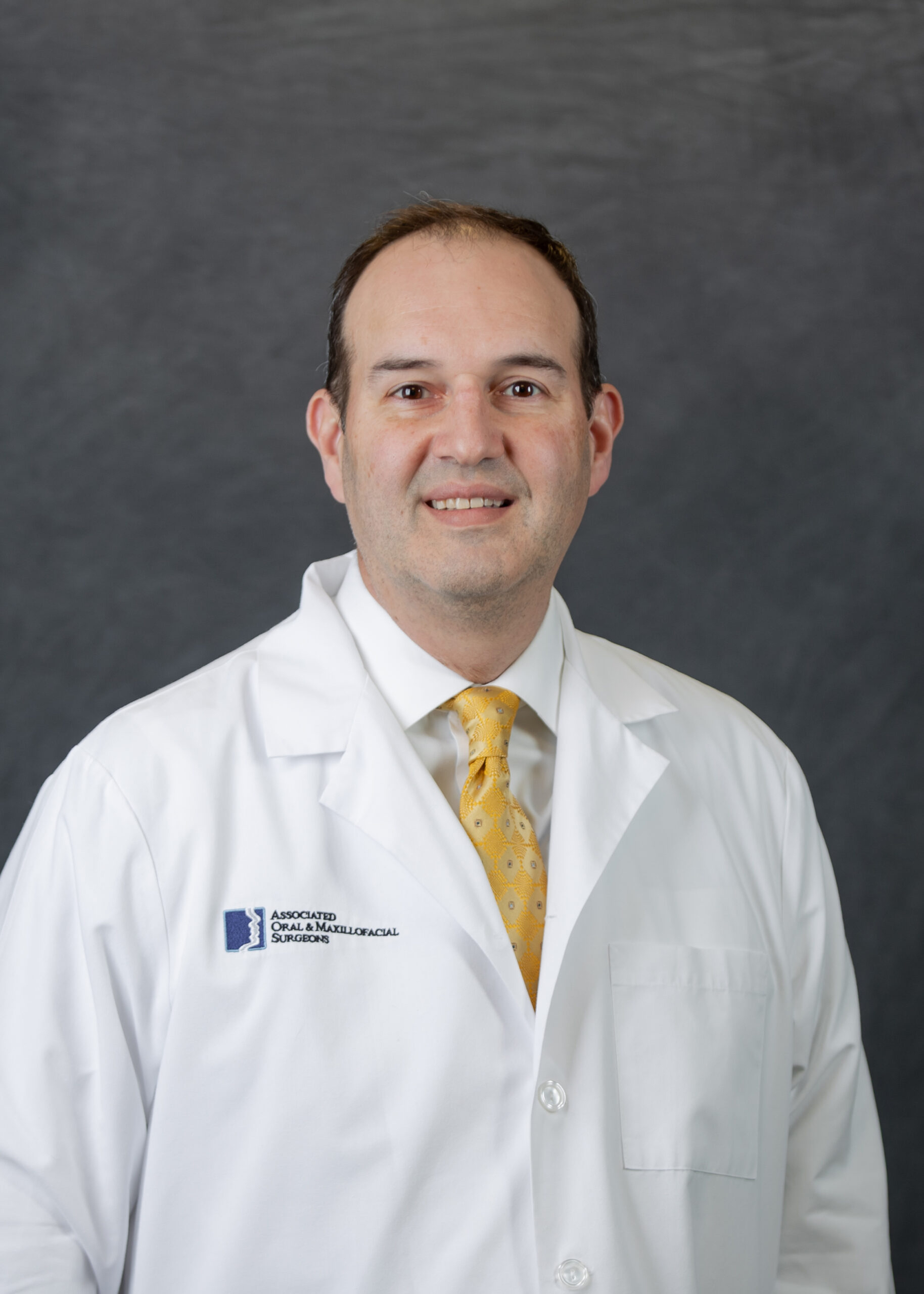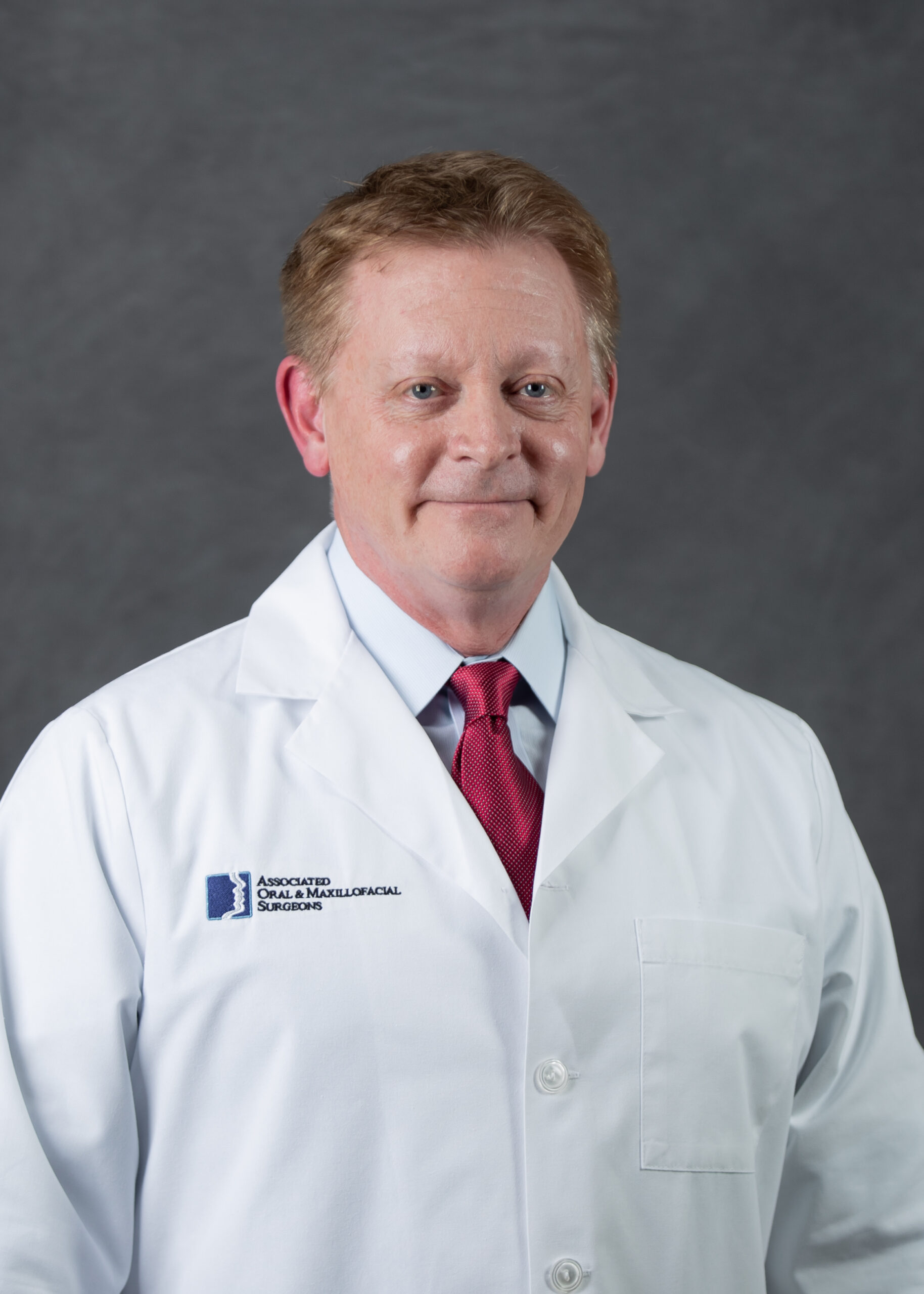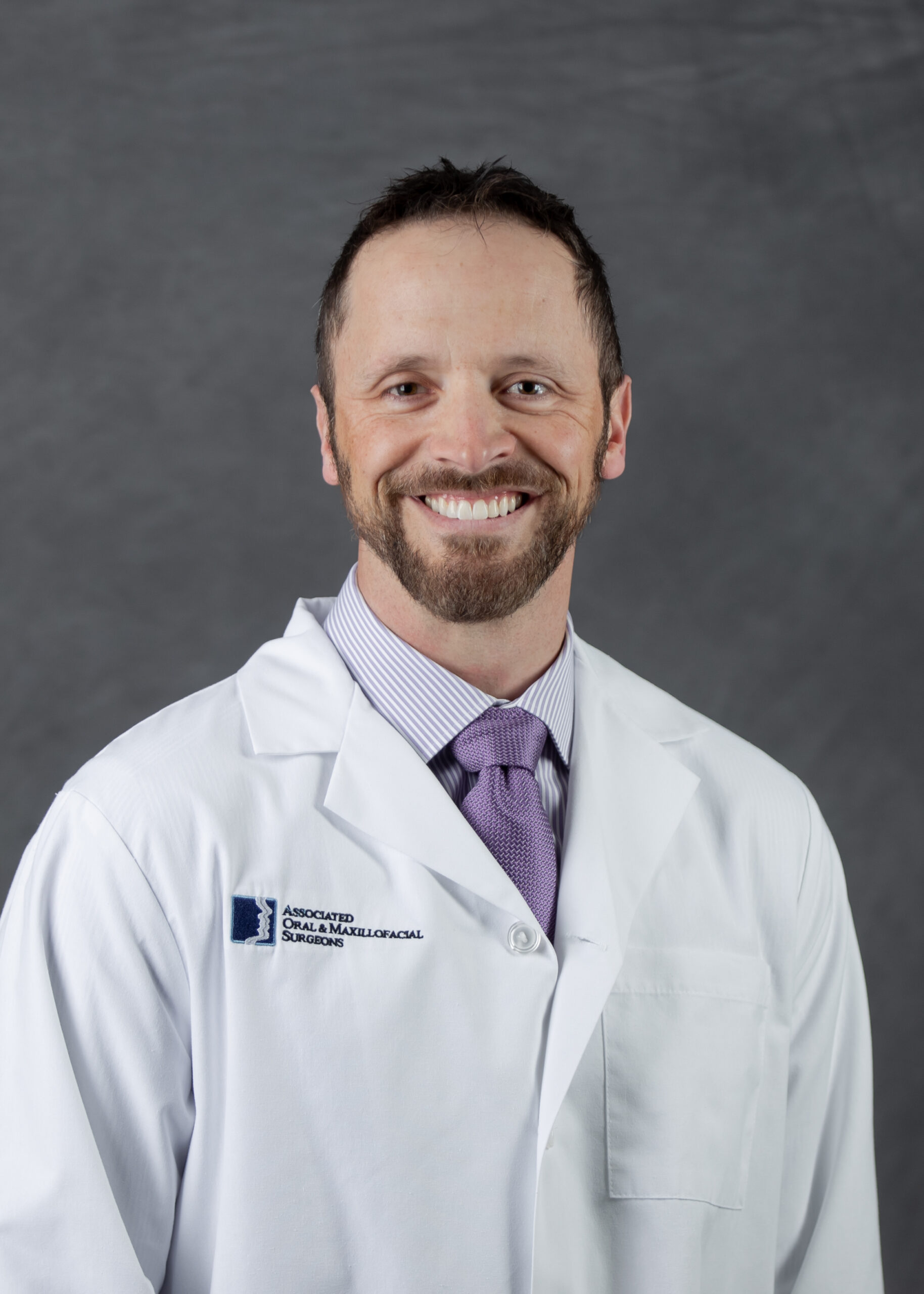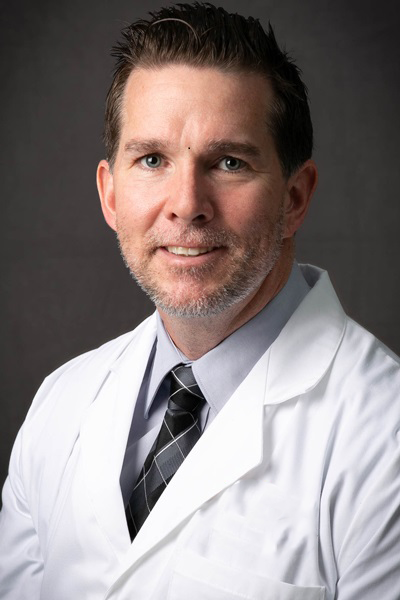The cornerstone of your smile
Impacted Teeth
Various factors can lead to impacted teeth. These factors include, but are not limited to, developmental delays, dental crowding and the overlying primary tooth fusing to the jawbone. Impacted teeth happen when the permanent teeth do not erupt naturally or do not develop completely on their own. Most of the time, the teeth affected most by impaction involve the maxillary canines or cuspids, which are also known as eye teeth.
Impacted teeth can be identified at an early age. A human’s baby teeth will start falling out around six years of age. This is typically the time when the permanent teeth start developing and erupting, and the process can continue for several years. If impacted teeth occur, then Associated Oral & Maxillofacial Surgeons in Peoria or Galesburg may need to intervene to help the teeth erupt and develop normally.
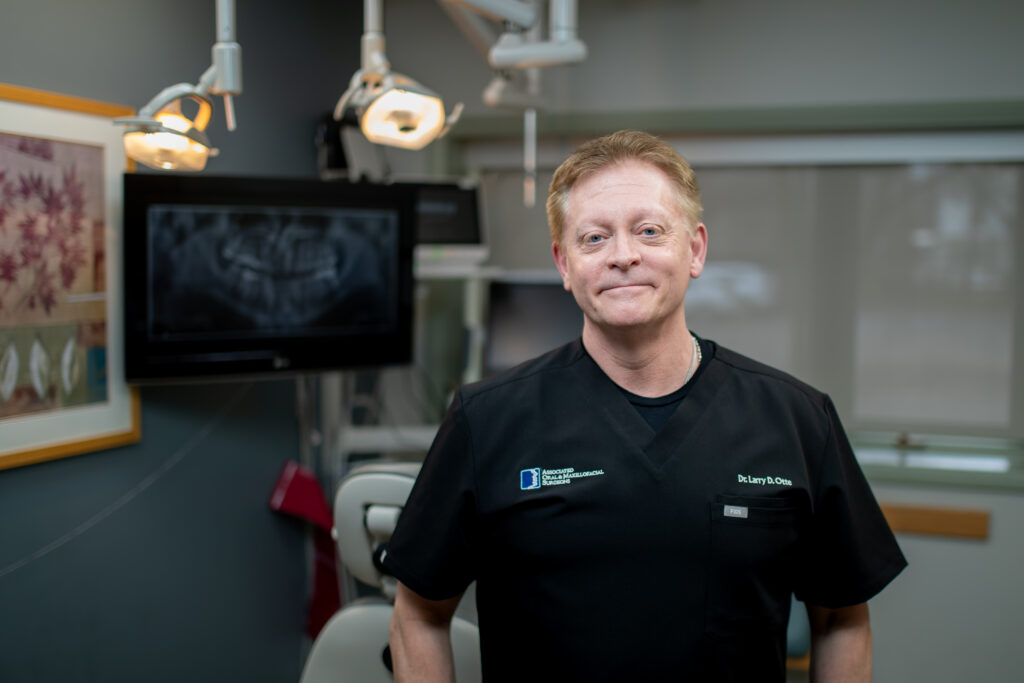
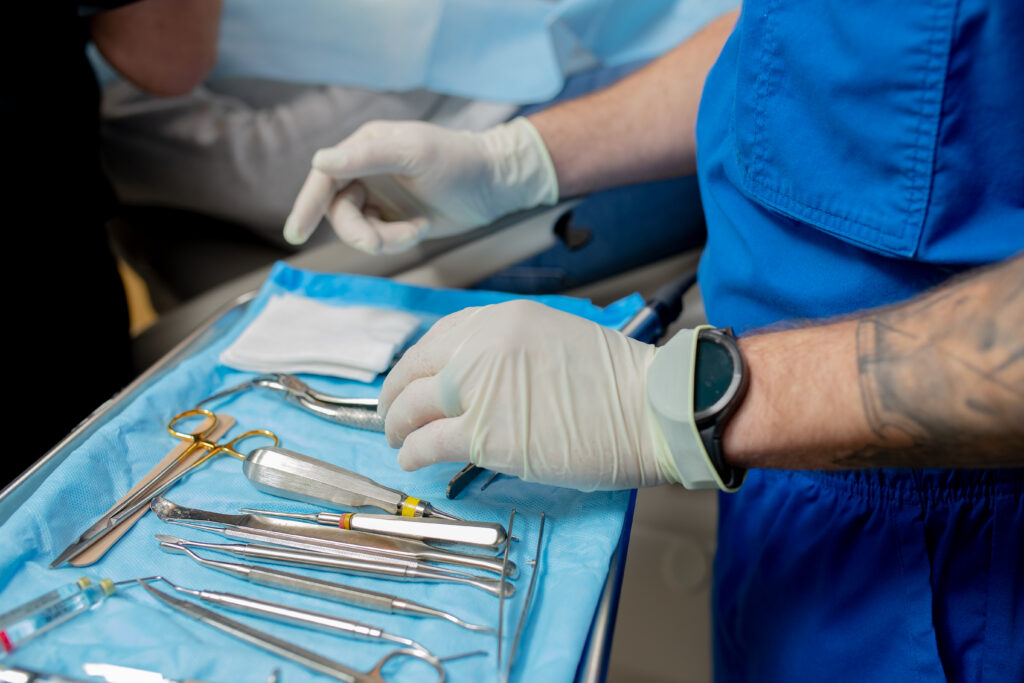
Treatment Options for Impacted Teeth
A combination of orthodontics and surgical procedures can fix impacted teeth. Many times braces are used to move the existing teeth to create space for surgery to be performed. Once the impacted teeth are exposed, a modified bracket is commonly placed on the crown of the teeth to force them into the proper position. The bracket includes a small chain, so our doctors can attach other devices as needed to assist the eruption of the impacted teeth. These procedures can be completed by Dr. Busch, Dr. Otte, and Dr. Schroeder.
Patient Expectations Following Surgery
Most surgical procedures are performed under general anesthesia or IV sedation in our offices. The level of discomfort patients feel is usually very minimal. From an aesthetic point of view, most family, friends or co-workers won’t even notice anything different about our patients following the surgery. Of course, patients themselves will be able to see the tiny chain through the gum tissue, but it will not be noticeable to others.
The small chain will be secured onto one of the brackets placed on the neighboring teeth, but it will be removed at your next office visit, in most cases. Other materials used during surgery include resorbable sutures, which won’t need to be removed. Our doctors in Peoria and Galesburg will provide specific instructions to patients following their surgery to ensure the care is taken. Most of the time, standard oral hygiene practices, like brushing and flossing, can be resumed immediately after the surgical procedure. However, patients must be aware of the affected areas and treat those with a little extra sensitivity to prevent any issues.
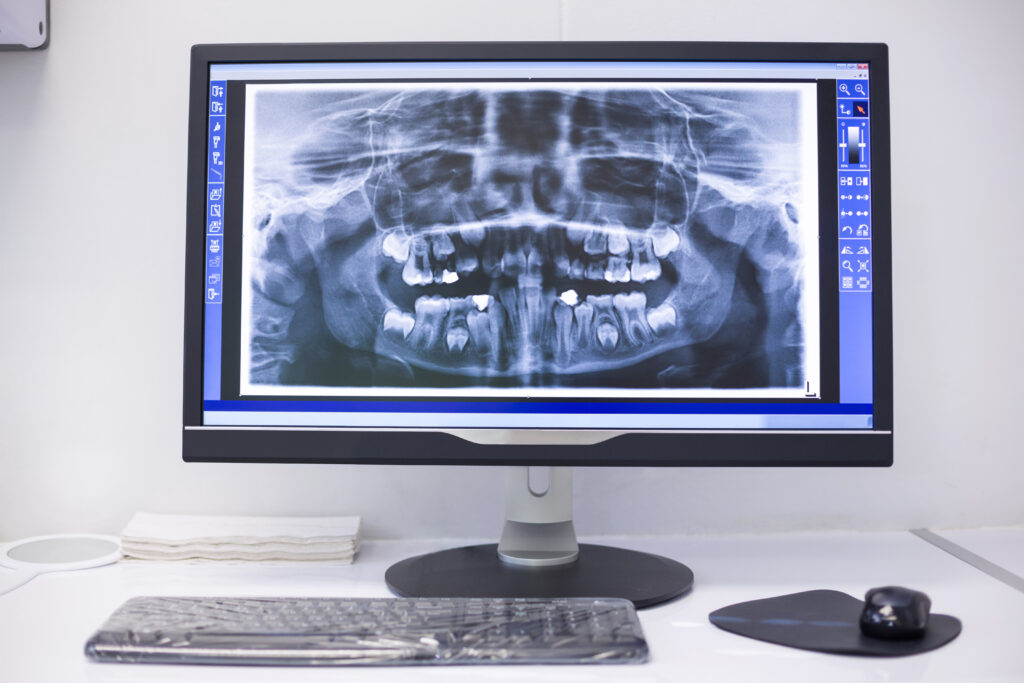
At Associated Oral & Maxillofacial Surgeons, we know how to help you. Our board-certified surgeons and expert staff can provide the care you need to relieve the discomfort you feel.
